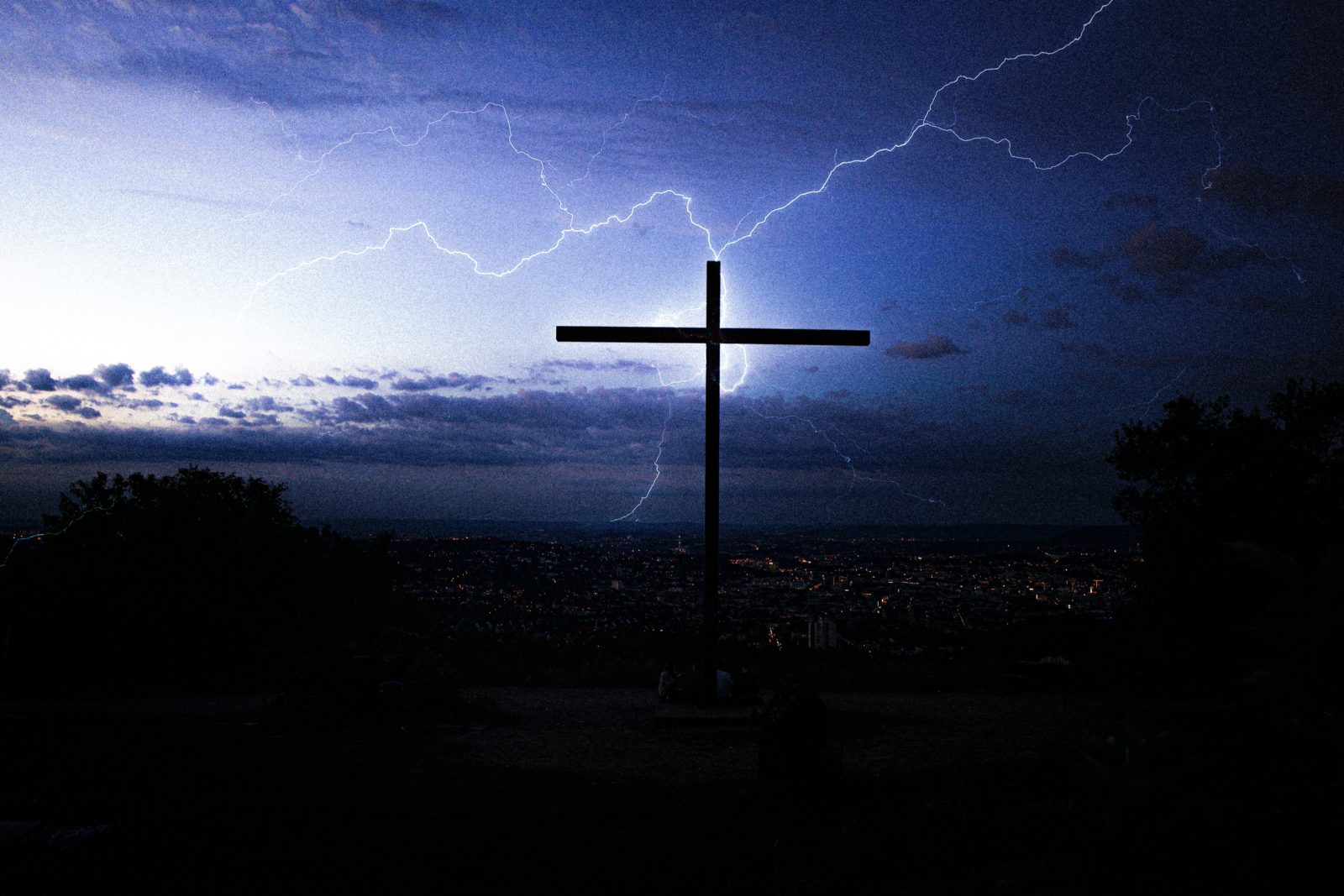
Advice to Christian Historians Post
Almost forty years ago Alvin Plantinga’s memorable “Advice to Christian Philosophers” set out a three-fold challenge to encourage members of his own academic tribe, but also “Christian intellectuals generally.” First, “to display . . . more independence of the rest of the philosophical world”; second, to “display more integrity in the sense of integral wholeness”;…




















